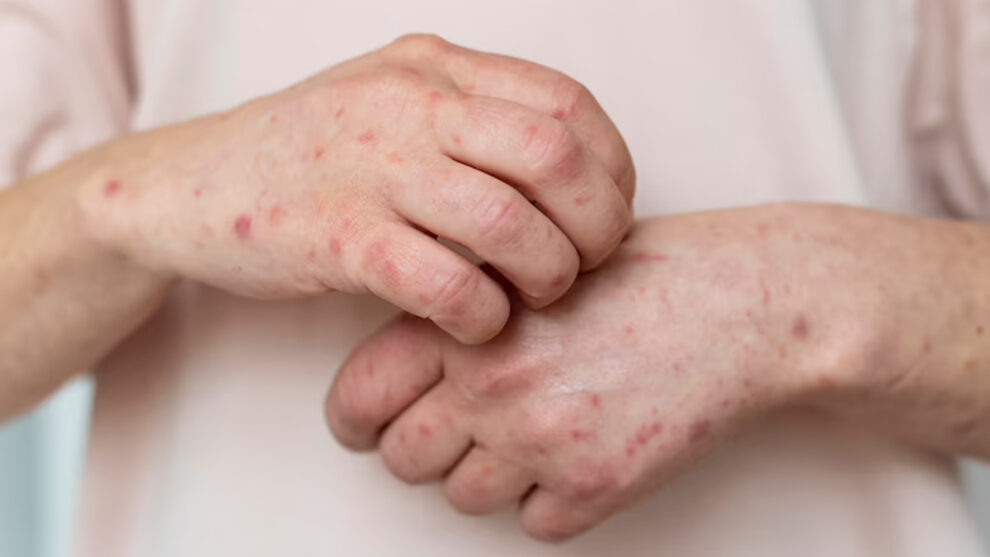A new analysis from the Centers for Disease Control and Prevention (CDC) suggests that a parasitic skin disease typically spread through the bite of sand flies may be more common in Texas than previously thought, according to CBS News’ Alexander Tin.
Leishmaniasis—caused by Leishmania protozoa—is an infection that can cause long-lasting skin lesions that appear weeks or even months after exposure. Many of these cases found in the U.S. generally patients who have traveled abroad to certain tropical regions in Asia, Africa, Europe, and Central America, per the CDC. But according to new data presented at the annual American Society of Tropical Medicine and Hygiene conference on Thursday, the disease may be gaining a greater foothold in Texas, as well as other southern states.
Scientists studied 1,222 leishmaniasis cases from 2005 to 2019, reported NBC News’ Aria Bendix, and although only 86 tissue samples collected were from people who had no international travel history, epidemiologists also detected a genetically unique strain of the Leishmania parasite that indicates a local spread.
“We cannot say that it is exclusive to Texas, but from the samples that were submitted to CDC, the majority were from Texas,” research author and CDC senior advisor Vitaliano Cama told NBC.
Texas is the only state that requires health professionals to report leishmaniasis cases, but there’s no data elsewhere that suggests it’s a nationwide issue, added Mary Kamb, another epidemiologist who was involved with the study. “This genetic information adds credence to this idea that leishmaniasis is occurring here in the United States, it’s endemic here in the United States, at least in Texas and maybe southern border states,” Kamb said in another interview with CBS News.
But while public health officials do not believe leishmaniasis poses a serious risk and chances of infection are low, Kamb said that a national reporting tool could help healthcare providers identify and treat such cases.
Currently, there is no vaccine or other drug that can be taken to prevent leishmaniasis, per the CDC. It is typically diagnosed by doctors who must take biopsies of infected skin lesions. They initially appear as bumps and may develop into ulcers and worsen over time. Although these sores can heal on their own, sometimes taking months or years to do so, they often leave behind scars. (The CDC also warns of a more serious form of leishmaniasis—caused by another parasite of the same genus—that damages internal organs, but cases of this type are much rarer.)
Because leishmaniasis is generally transmitted by sand flies that are commonly found in forested areas, Kamb and other health experts advise people to lower their risk by covering their skin when outdoors and applying insect repellents and insecticides when they can.
Source : CHRON

















Add Comment